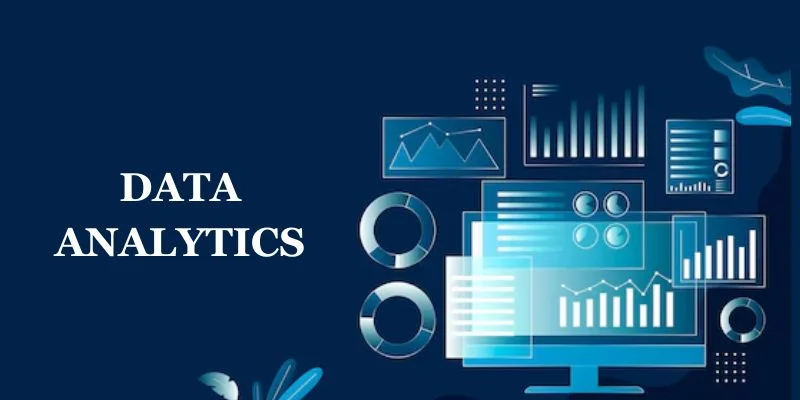In today’s data-driven world, businesses rely on data analytics to make informed decisions and gain a competitive edge. If you’re interested in pursuing a career in this field, there are several essential skills you need to develop. Data analytics is about more than just numbers; it’s about understanding patterns, drawing insights, and communicating these findings effectively. Whether you’re just starting or looking to improve your skills, let’s explore the key competencies needed to thrive in data analytics.
1. Strong Analytical Skills
At the core of data analytics lies the ability to analyze large datasets to uncover trends and patterns. Analytical skills help you interpret data correctly and find meaningful insights. Being curious and detail-oriented is essential, as these traits will help you ask the right questions and solve problems efficiently. A good data analyst can break down complex problems and offer practical, data-driven solutions to positively impact business decisions. By enrolling in a Data Analytics Courses in Bangalore, you can develop these crucial skills and enhance your career prospects in this rapidly evolving field.
2. Proficiency in Data Handling Tools
A data analyst must be comfortable using various tools and software to manipulate data. Familiarity with Excel, SQL (Structured Query Language), Python, and R is crucial. These tools enable you to clean, organize, and process large datasets. SQL, in particular, is widely used in querying databases, while programming languages like Python and R allow you to build complex models, automate repetitive tasks, and visualize data effectively. Knowledge of popular visualization tools like Tableau or Power BI can also give you an edge when compellingly presenting your findings.
3. Statistical Knowledge
4. Critical Thinking and Problem-Solving
Data analysts are essentially problem solvers. Whether solving operational inefficiencies or finding customer trends, you must approach each challenge with a problem-solving mindset. A Data Analytics Courses in Marathahalli can equip you with the critical thinking skills to evaluate data quality, identify patterns, and propose actionable solutions. It’s important to stay focused on the key questions and not be overwhelmed by the sheer volume of data available. The ability to distil complex data into clear, actionable insights is valuable for any organization.
5. Data Visualization Skills
One of the most important aspects of data analytics is the ability to convey your findings to others clearly and concisely. This is where data visualization comes in. Tools like Tableau, Power BI, and Excel help turn raw data into graphs, charts, and dashboards, making it easier for stakeholders to understand trends and make informed decisions. Good visualization makes your data compelling and helps tell the story behind the numbers, ensuring your insights are preserved in translation.
6. Business Acumen
While technical skills are crucial, understanding the business domain you’re working in is equally important. Business acumen helps you relate data findings to real-world business challenges. Whether in finance, healthcare, marketing, or any other industry, knowing how data can drive decision-making within that specific context will set you apart. When you understand the business goals, you can provide more valuable insights that lead to actionable outcomes.
7. Communication Skills
Communicating your insights effectively is a key skill in data analytics. You must present your findings in a way that non-technical stakeholders can understand. This requires simplifying complex data and technical jargon into clear language, highlighting the impact on business objectives. Whether presenting to management or collaborating with team members, strong verbal and written communication skills will help you articulate your ideas and make data-driven recommendations. Enrolling in a Data Analytics Course in Trivandrum can enhance these communication skills, equipping you to convey analytical insights with clarity and confidence.
8. Attention to Detail
Even a small mistake can lead to incorrect conclusions when working with large data sets. Attention to detail is critical in data analytics to ensure data collection and analysis accuracy. Whether spotting anomalies in the data or ensuring the correct formula is applied, having a meticulous eye for detail can save time and prevent costly errors.
A career in data analytics requires a blend of technical skills, analytical thinking, and effective communication. From mastering data-handling tools to honing your problem-solving abilities, developing these skills will help you succeed in this rapidly growing field. Whether you’re analyzing customer behavior, optimizing business processes, or making strategic recommendations, data analytics offers endless opportunities for professionals who can turn data into actionable insights. To kickstart your journey, consider enrolling in a Data Analytics Course in Tirupur, which will equip you with essential knowledge and practical experience. As businesses continue to rely on data for decision-making, investing in these key skills will ensure you remain competitive and valuable in data analytics.
Also Check: Can You Master Data Science Without a Background in Data Analytics?

